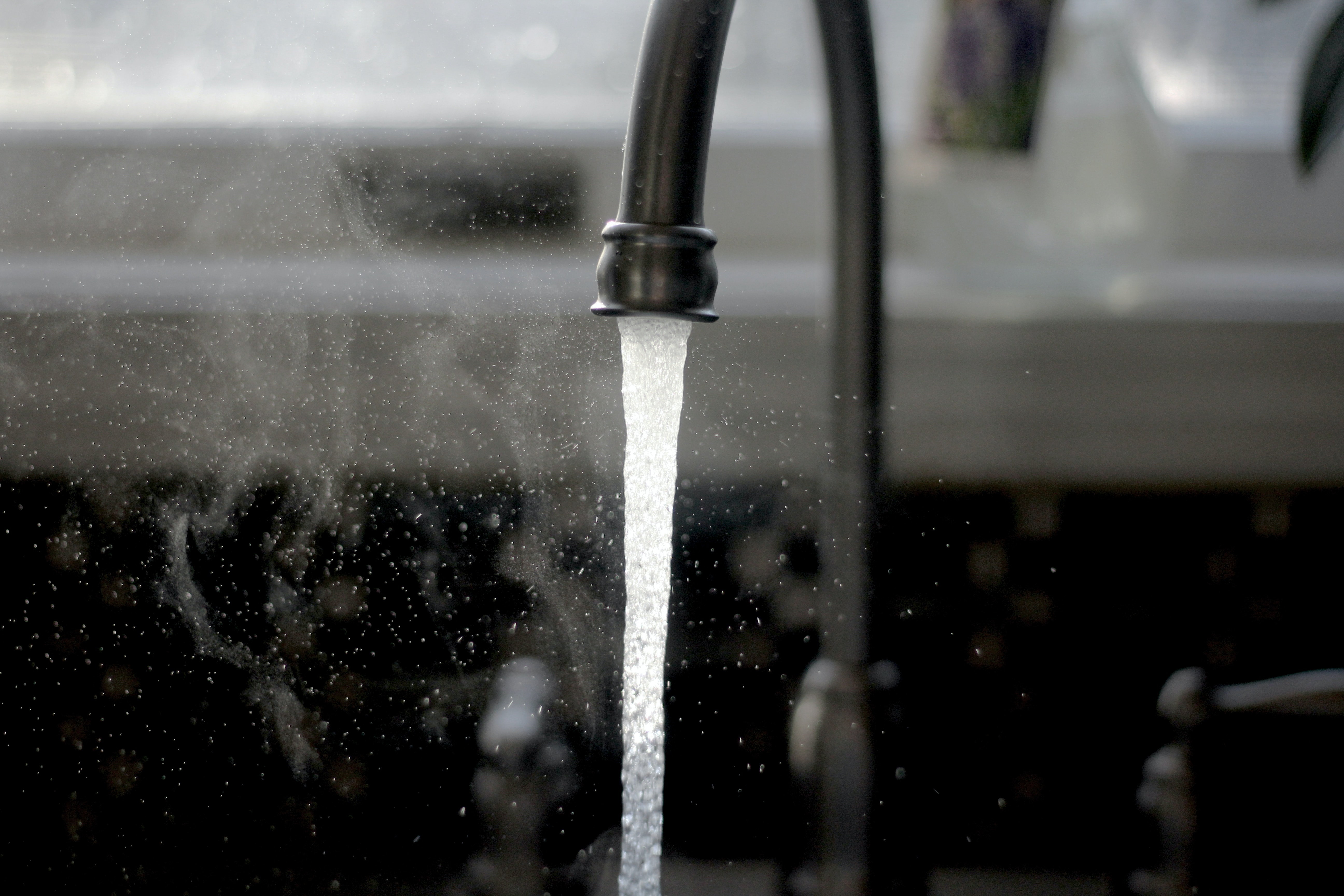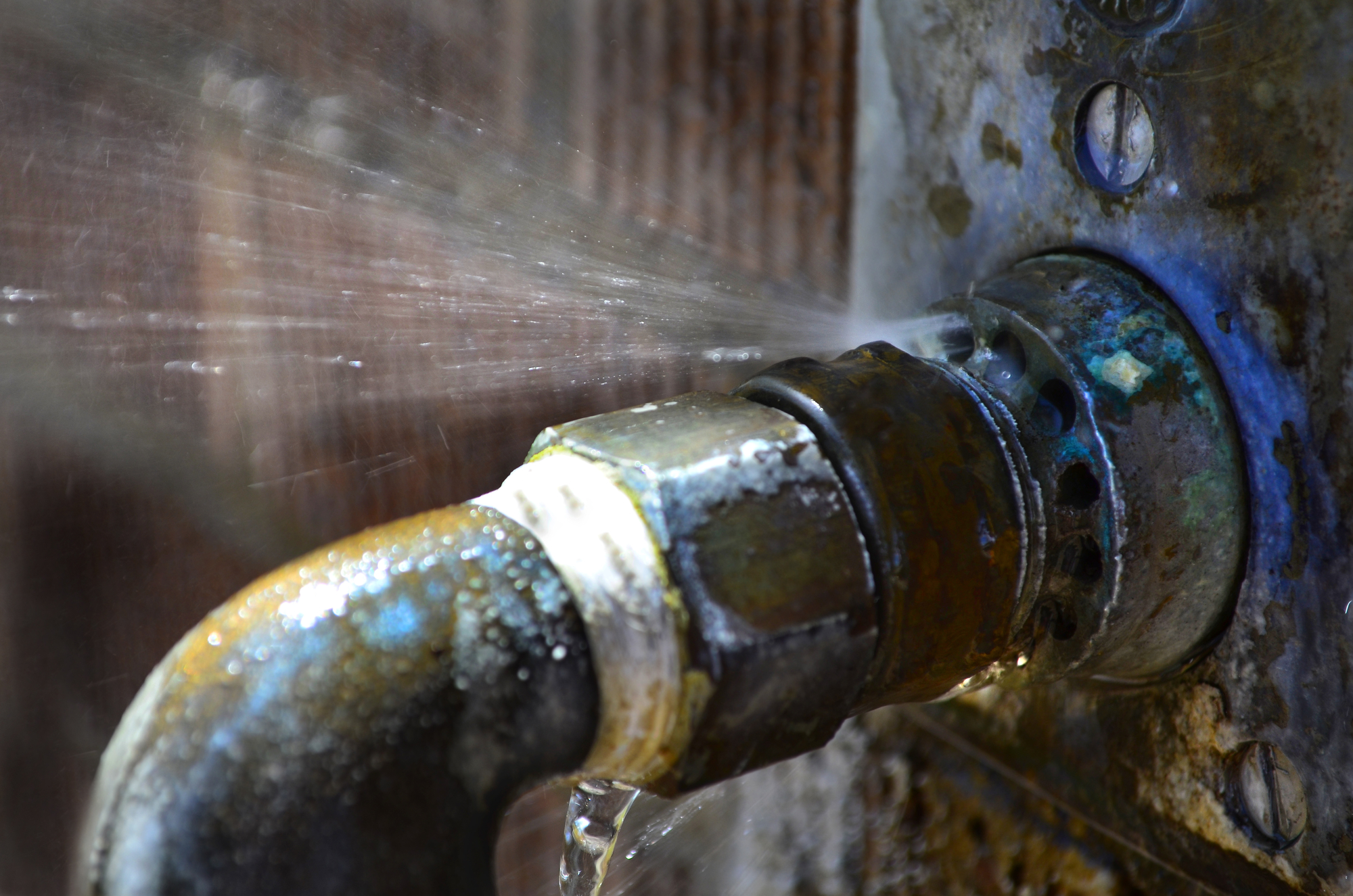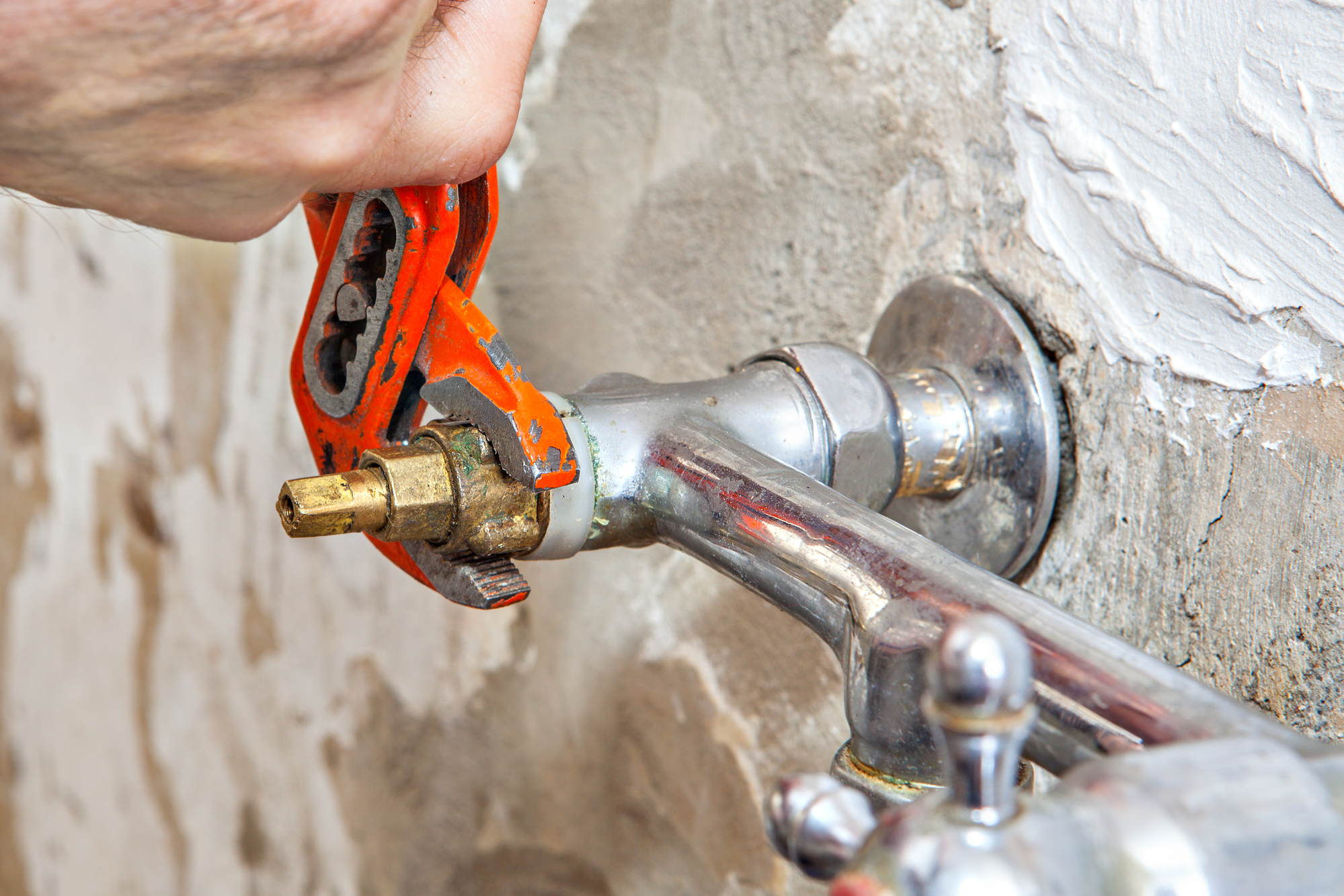As a plumbing services company, we often come across various types of valves and fittings while providing repair and installation services. One such valve that has recently caught our attention is the Cycle Stop Valve (CSV). In this blog article, we’ll share our opinion on the Cycle Stop Valve and explore its benefits and drawbacks.
Firstly, let’s understand what a Cycle Stop Valve is? It’s essentially a pressure-operated valve that has an in-built controller for automation of water flow. It is designed to regulate water pressure at a constant level, which helps to prevent excess water consumption and extends the life of pumps. The valve functions by monitoring and maintaining pressure in the discharge line, allowing only as much water required to flow into the system. It prevents the pump from overworking and consuming more energy than necessary.
Now let’s talk about the benefits of using a Cycle Stop Valve:
1. Water Conservation: The CSV helps you save on your monthly water bills. As the valve only allows enough water into the system, it reduces waste and ensures optimum usage.

2. Consistent Wastage Treatment: With a Cycle Stop Valve, sewage treatment systems and septic tanks can efficiently process the same amount of wastewater, leading to better consistency and reducing the chances of tank overflow.
3. Increased Pump Lifespan: Pumps can experience damage due to frequent starts and stops. The chance of surge pressure is also reduced as the CSV regulates a consistent water flow rate, which increases the life span of the pumps.
4. Energy-saving: The CSV controls water pump usage during low demands, such as partial usage in toilets or the washing machine. As the pump motor is halted during such times, it saves on energy bills.
5. Versatility: CSSVs can be used in various applications like submersible pumps, surface centrifugal pumps, and even solar pumps. They fit into various pump designs, making them versatile.

Despite all these advantages, the CSV has some drawbacks that need to be considered:
1. Installation complications: CSSV installation may not be a straightforward process for users with limited plumbing knowledge. They’re best installed by trained professionals to avoid complications.
2. Maintenance requirements: There is specific maintenance required for CSVs as they need frequent calibration and pressure adjustments.
3. High start-up costs: CSSVs are relatively expensive initially, making them less accessible for smaller households.
4. Approvals and compliance: Certification and compliance specifications need to be checked while installing a CSV to avoid conflict with local bylaws, inspections, and plumbing codes.
5. Compatibility with pump design: Not all pumps can be fitted with CSSVs. There are compatibility issues that need to be considered during installation.
In conclusion, Cycle Stop Valves are an incredibly useful tool for water regulation and pump maintenance, offering numerous benefits to households and commercial spaces, including water conservation, pumps life longevity, consistency in wastage treatment, and energy-saving. However, these valves may require expert installation and regular maintenance and can be challenging for small households or incompatible with certain pump designs.
At Ace Plumbing Services, we have experts who have extensive knowledge of the plumbing industry, equipped with the latest equipment and technologies to provide quality and reliable plumbing services at an affordable cost. If you are interested in reducing your water bills and energy usage, give us a call today or visit our website at aceplumbingrepair.com for more information.






